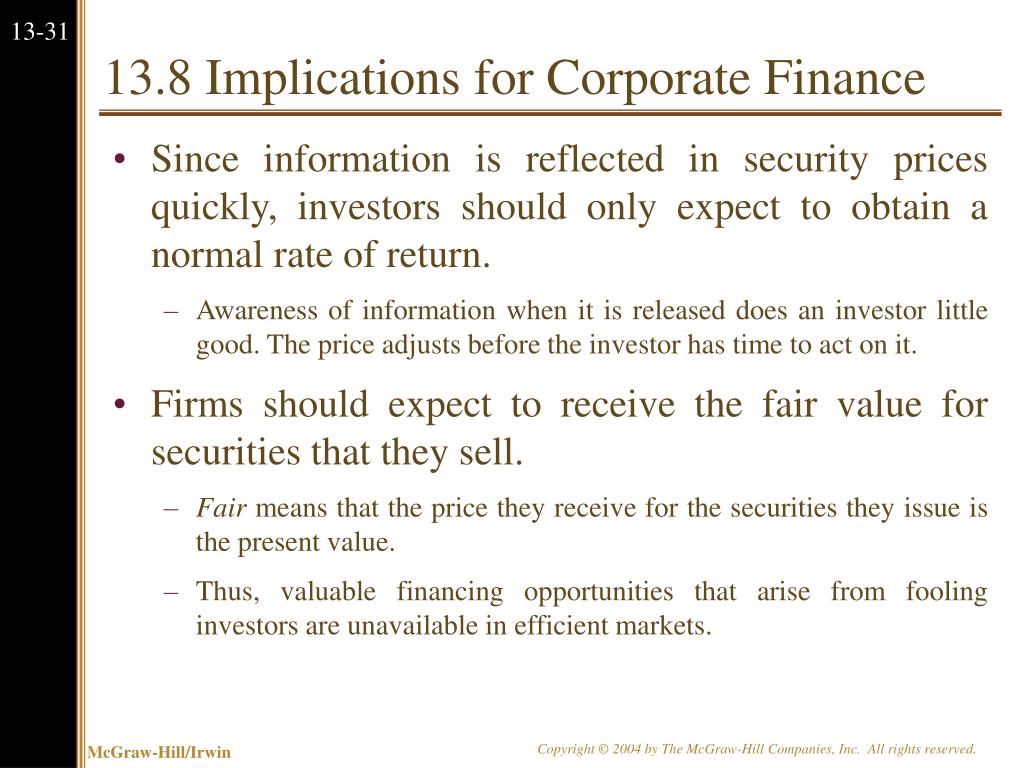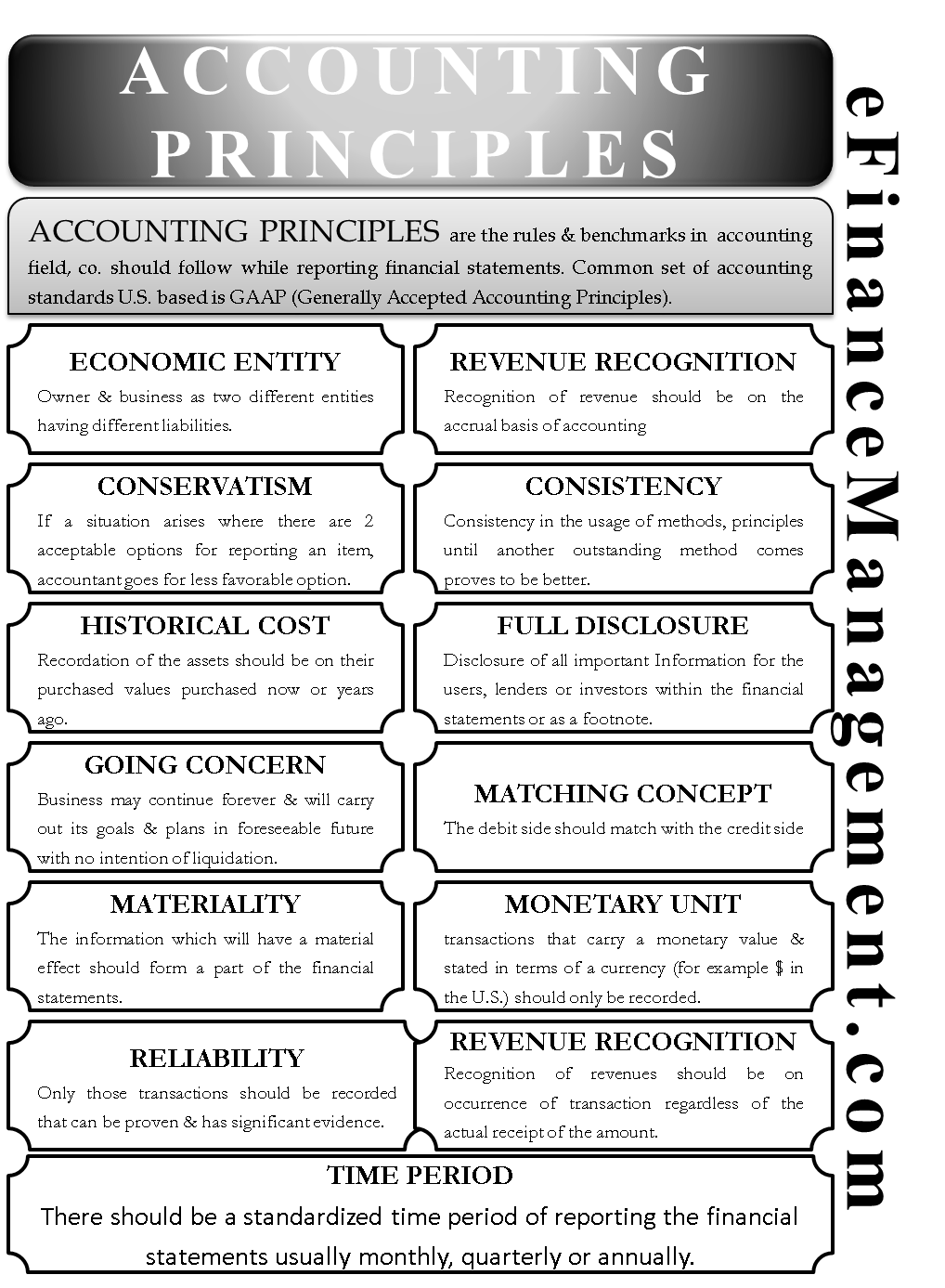Table of ContentsThe Facts About What Is A Derivative In Finance RevealedWhat Do You Learn In A Finance Derivative Class - QuestionsGetting My What Is Derivative Finance To WorkIndicators on What Is A Derivative In.com Finance You Should Know
Nevertheless, if a stock's price is above the strike price at expiration, the put will be useless and the sellerthe option writergets to keep the premium as the choice ends. If the stock's price is below the strike rate at expiration, the call will be useless and the call seller will keep the premium.
These are called American-style options, however their usage and early workout are uncommon. As https://telegra.ph/the-definitive-guide-to-how-do-i-make-money-on-m1-finance-10-14 the above examples highlight, derivatives can be a beneficial tool for services and investors alike. They supply a method to secure costs, hedge versus undesirable motions in rates, and mitigate risksoften for a limited expense.

On the disadvantage, derivatives are difficult to value due to the fact that they are based upon the price of another possession. The risks for OTC derivatives include counter-party threats that are challenging to forecast or worth too. what is a derivative in finance. A lot of derivatives are likewise conscious modifications in the quantity of time to expiration, the cost of holding the underlying property, and interest rates.
Pros Lock in costs Hedge versus threat Can be leveraged Diversify portfolio Cons Tough to worth Subject to counterparty default (if OTC) Complex to understand Delicate to provide and require aspects Likewise, since the acquired itself has no intrinsic valueits value comes just from the underlying assetit is susceptible to market belief and market threat - finance what is a derivative.
Lastly, derivatives are usually leveraged instruments, and using leverage cuts both ways. While it can increase the rate of return it likewise makes losses mount more quickly. Numerous derivative instruments are leveraged. That indicates a little amount of capital is needed to have an interest in a large quantity of value in the underlying asset.
Financial instrument In financing, a derivative is a contract that derives its worth from the efficiency of an underlying entity. This underlying entity can be an asset, index, or interest rate, and is frequently simply called the "underlying". Derivatives can be utilized for a number of purposes, including insuring versus cost motions (hedging), increasing direct exposure to rate motions for speculation or getting access to otherwise hard-to-trade possessions or markets.
The Buzz on What Is Derivative In Finance
A lot of derivatives are traded non-prescription (off-exchange) or on an exchange such as the Chicago Mercantile Exchange, while the majority of insurance contracts have turned into a separate market. In the United States, after the monetary crisis of 20072009, there has actually been increased pressure to move derivatives to trade on exchanges. Derivatives are one of the three primary classifications of financial instruments, the other two being equity (i.e., stocks or shares) and debt (i.e., bonds and home loans).

Container stores, disallowed in 1936, are a more current historic example. Derivatives are agreements between two parties that define conditions (especially the dates, resulting worths and definitions of the underlying variables, the parties' legal commitments, and the notional amount) under which payments are to be made between the parties. The assets include commodities, stocks, bonds, rate of interest and currencies, however they can likewise be other derivatives, which includes another layer of intricacy to appropriate valuation.
From the financial perspective, monetary derivatives are money streams that are conditioned stochastically and marked down to present worth. The market threat intrinsic in the underlying possession is connected to the financial derivative through legal arrangements and thus can be traded individually. The underlying possession does not need to be acquired.
This likewise provides a considerable amount of freedom regarding the contract style. That legal flexibility permits acquired designers to customize the involvement in the efficiency of the underlying possession nearly arbitrarily. Hence, the participation in the market worth of the underlying can be successfully weaker, stronger (take advantage of result), or carried out as inverse.
There are two groups of derivative agreements: the privately traded over-the-counter (OTC) derivatives such as swaps that do not go through an exchange or other intermediary, and exchange-traded derivatives (ETD) that are traded through specialized derivatives exchanges or other exchanges - what is derivative instruments in finance. Derivatives are more typical in the modern-day age, however their origins trace back a number of centuries.
Derivatives are broadly classified by the relationship in between the hidden possession and the derivative (such as forward, alternative, swap); the kind of underlying property (such as equity derivatives, forex derivatives, rates of interest derivatives, commodity derivatives, or credit derivatives); the market in which they trade (such as exchange-traded or over-the-counter); and their pay-off profile.
The Ultimate Guide To What Are Derivative Instruments In Finance
Lock items (such as swaps, futures, or forwards) obligate the contractual celebrations to the terms over the life of the contract. Option items (such as rates of interest swaps) provide the buyer the right, but not the commitment to go into the contract under the terms defined. Derivatives can be used either for risk management (i.e.
making a financial "bet"). This difference is essential due to the fact that the previous is a prudent aspect of operations and financial management for numerous companies throughout numerous markets; the latter offers supervisors and investors a risky opportunity to increase profit, which may not be appropriately divulged to stakeholders. Along with lots of other monetary services and products, derivatives reform is an element of the DoddFrank Wall Street Reform and Consumer Defense Act of 2010.
To offer a concept of the size of the acquired market, has reported that as of June 2011, the over-the-counter (OTC) derivatives market totaled up to approximately $700 trillion, and the size of the market traded on exchanges amounted to an extra $83 trillion. Visit the website For the 4th quarter 2017 the European Securities Market Authority estimated the size of European derivatives market at a size of 660 trillion with 74 million outstanding contracts.
For instance, in 2010, while the aggregate of OTC derivatives went beyond $600 trillion, the worth of the marketplace was estimated to be much lower, at $21 trillion. The credit-risk equivalent of the acquired agreements was estimated at $3.3 trillion. Still, even these scaled-down figures represent huge amounts of money. For point of view, the budget plan for total expenditure of the United States federal government during 2012 was $3.5 trillion, and the total present worth of the U.S.
Meanwhile, the world yearly Gross Domestic Product has to do with $65 trillion. At least for one kind of derivative, Credit Default Swaps (CDS), for which the intrinsic danger is considered high [], the greater, small worth stays pertinent. It was this kind of derivative that financial investment tycoon Warren Buffett described in his well-known 2002 speech in which he warned versus "monetary weapons of mass destruction".
Derivatives are utilized for the following: Hedge or to alleviate danger in the underlying, by entering into a derivative agreement whose worth moves in the opposite direction to their underlying position and cancels part or all of it out Create option capability where the value of the derivative is linked to a particular condition or occasion (e.g., the underlying reaching a particular cost level) Get direct exposure to the underlying where it is not possible to trade in the underlying (e.g., weather derivatives) Supply leverage (or tailoring), such that a little motion in the underlying value can trigger a big distinction in the value of the derivative Speculate and earn a profit if the worth of the hidden possession moves the method they anticipate (e.g.
5 Easy Facts About What Is Considered A "Derivative Work" Finance Data Explained
For instance, an equity swap permits an investor to get constant payments, e.g. based upon LIBOR rate, while avoiding paying capital gains tax and keeping the stock. For arbitraging function, allowing a riskless earnings by all at once participating in transactions into 2 or more markets. Lock items are theoretically valued at absolutely no at the time of execution and therefore do not typically require an up-front exchange between the parties.
Significantly, either party is for that reason exposed to the credit quality of its counterparty and has an interest in securing itself in an occasion of default. Alternative items have immediate worth at the outset because they supply specified protection (intrinsic worth) over a given period (time worth). One Visit website typical type of choice product familiar to many consumers is insurance for homes and cars.